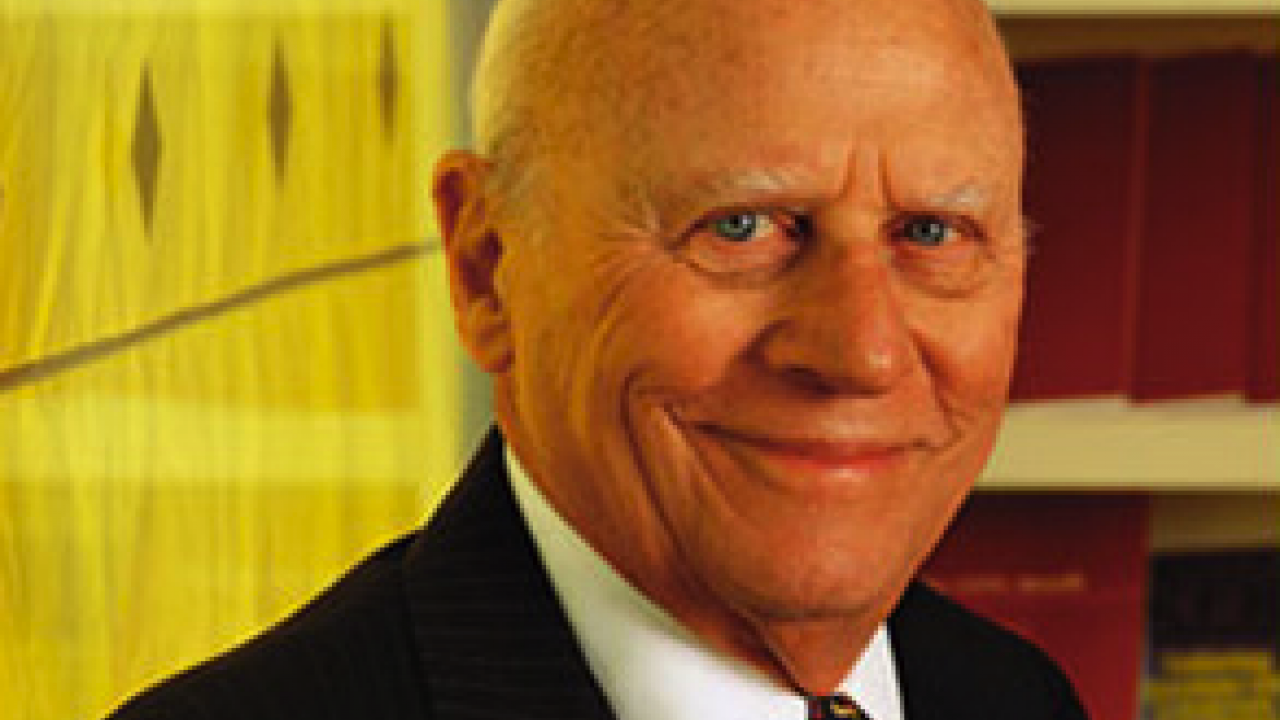
By Ken Cook, EWG Founder & President
Richard Goldman, who died in San Francisco Monday (Nov. 29) at the age of 90, was a pioneer environmentalist and philanthropist who believed passionately in the power of the individual.
Almost 80,000 “city slickers” living in some of the biggest urban areas in the U.S. took in a combined $2.3 billion in farm subsidies between 2019 and 2023 – many of them using loopholes that allow...
There’s much to dislike about the House Republican farm bill – like taking food out of hungry childrens’ mouths while potentially exposing their bodies to more pesticides and supporting companies that...
There’s plenty to dislike about the farm bill proposal the House Agriculture Committee will consider this week, including its Department of Agriculture funding cuts and problematic provisions that...